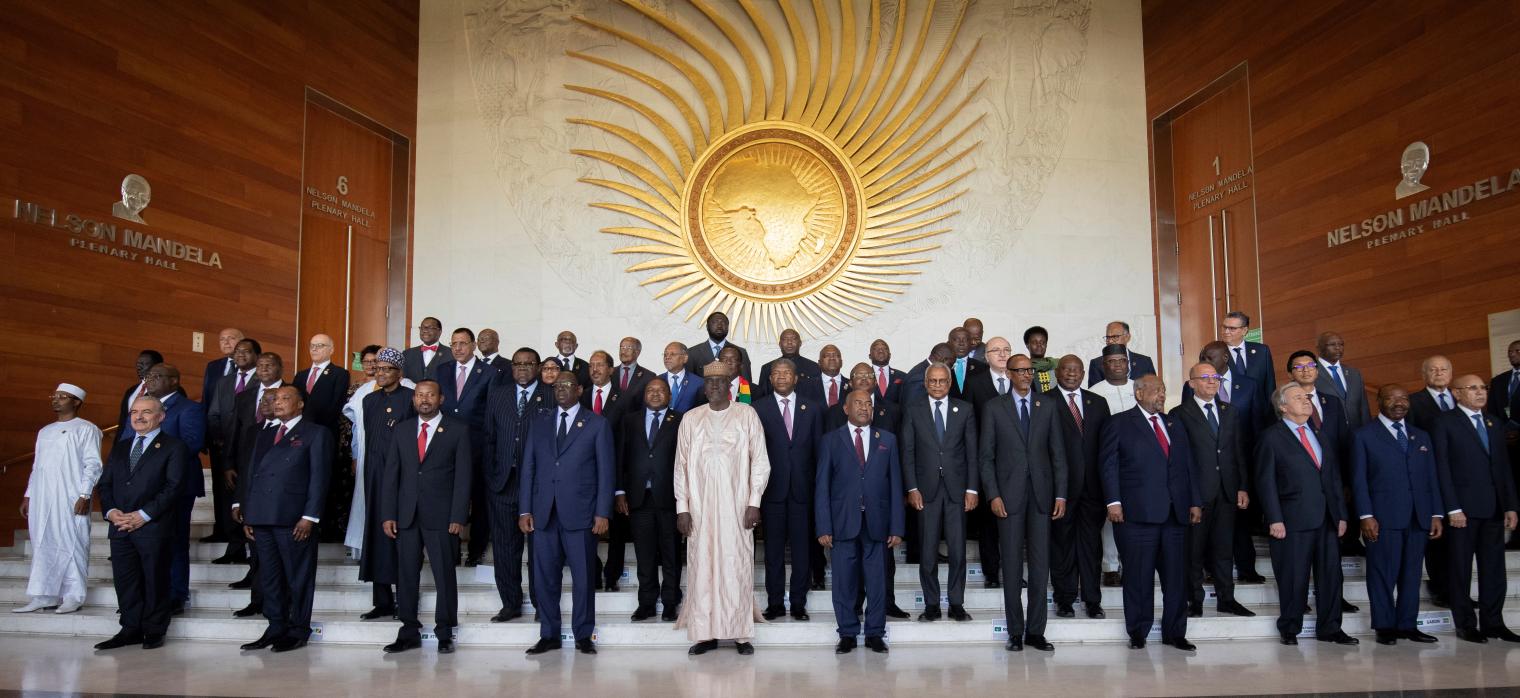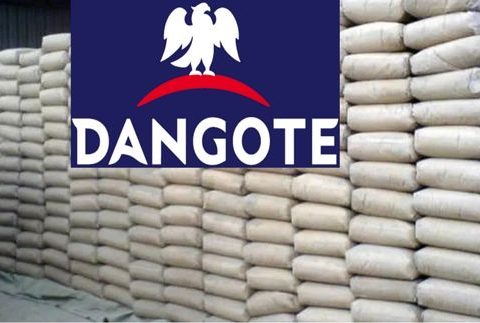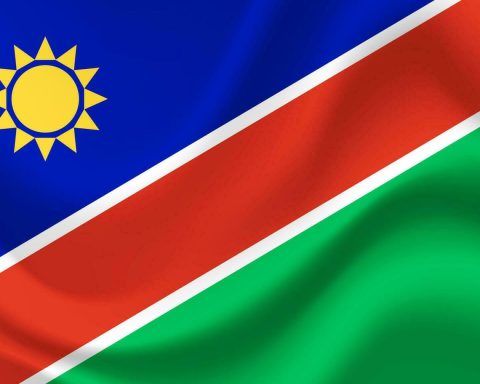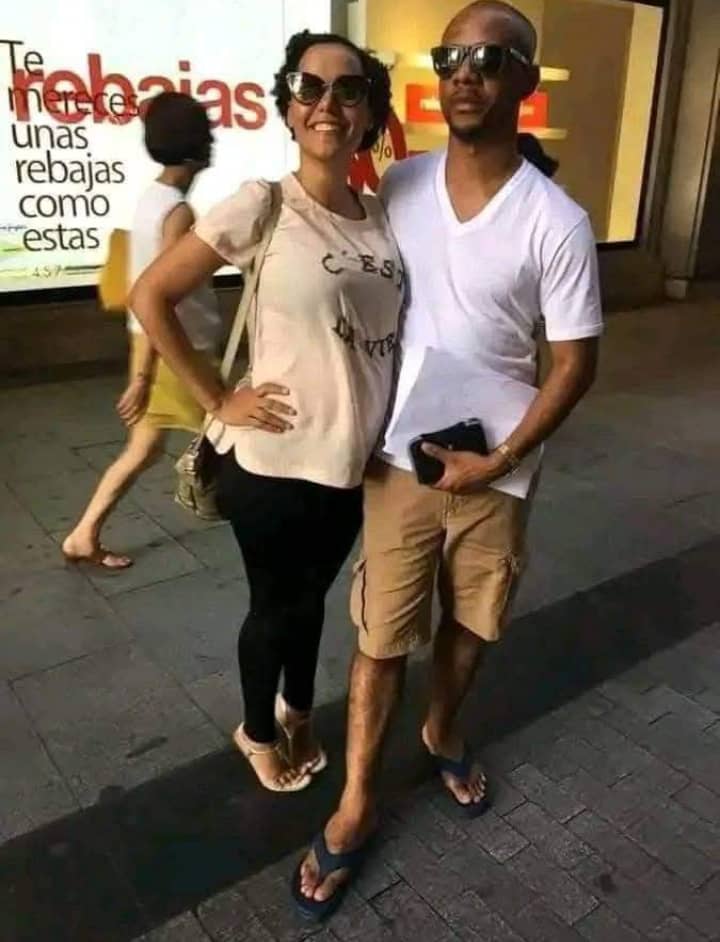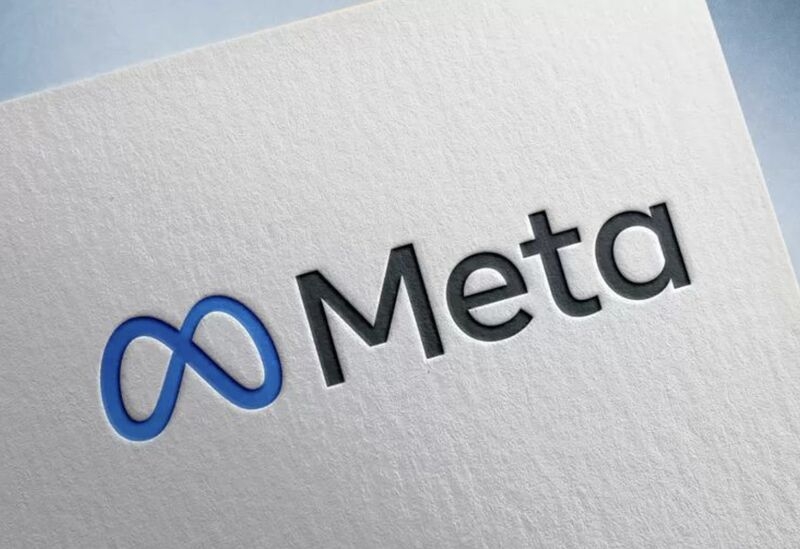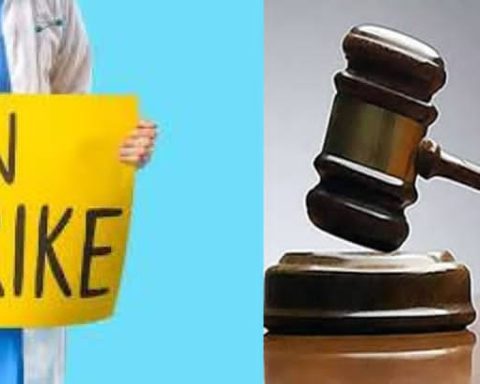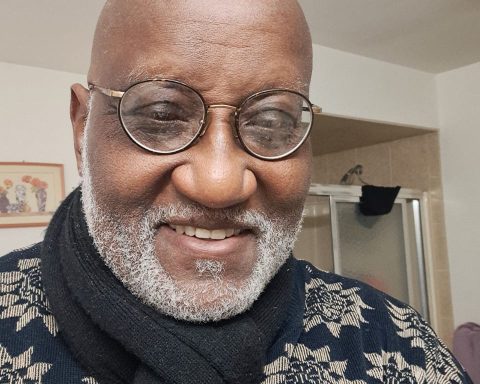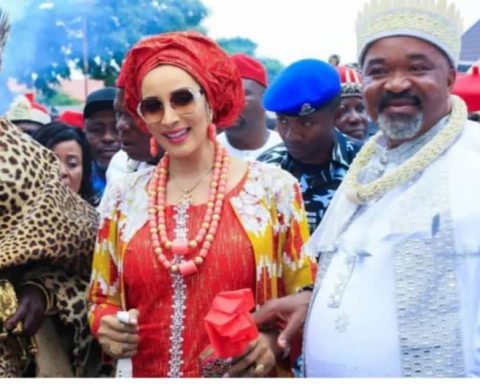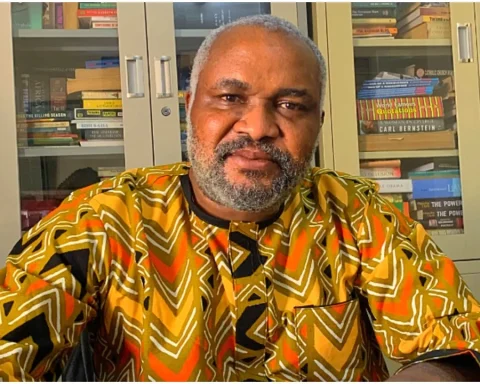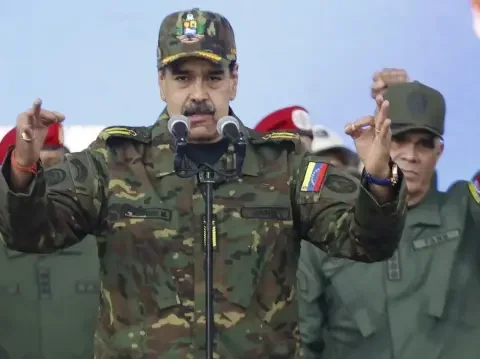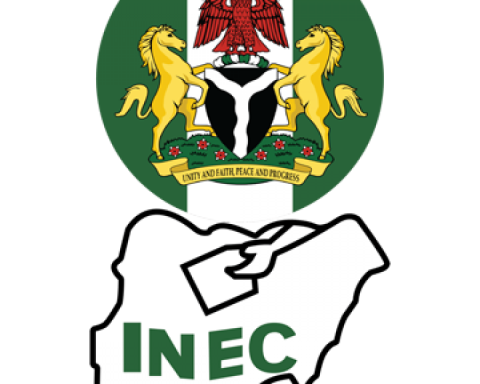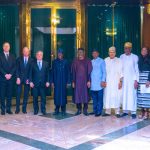Africa is essential to the Western world primarily due to its vast oil reserves, human resource export potentials, and countless unique minerals. The continent produces approximately 8 percent of the global oil supply, with Nigeria being the largest producer, contributing around 1.4 million barrels per day. Yet Nigeria imports both crude oil (by its only functional Dangote Refinery) and refined petrol, while foreign interests take all her crude exports in return for foreign debts.
Other significant oil-producing countries include Libya, Algeria, and Angola. In addition to oil, Africa supplies critical minerals such as cobalt (60 percent of global production), platinum group metals (69.4 percent), and diamonds (73 percent). These resources are vital for various industries in the West, making Africa a key player in the global economy.
Join our WhatsApp ChannelAside from supplying these mineral resources, thereby enriching foreign companies at low tax rates, there is pervasive interference in the democratization process of African nations by the Western world. This interference not only feeds off the natural resources of the African continent but also undermines her democratic processes.
Reports indicate that nations like Kenya, Nigeria, and Ghana have experienced election manipulation linked to external influences. Russia, in particular, has been noted for its systematic efforts to disrupt democracy across the continent through disinformation campaigns and electoral interference.
Additionally, Western companies have been implicated in supporting authoritarian regimes by prioritising business interests over democratic norms. This contributes to electoral abuses and erodes public trust in governance. Yet African countries have continued to be loyal to these nations, doing only what they want. The frequent foreign trips by African presidents have also come under scrutiny, raising questions about their necessity and impact. For instance, Kenyan President William Ruto has made over 48 international trips in just 16 months, averaging more than three per month.
The Case of Nigerian Presidents
Since taking office, both Nigerian President Bola Tinubu and former President Muhammadu Buhari have frequently made foreign trips, including trips to the United States. Former President Muhammadu Buhari visited the U.S. multiple times, including significant trips to the United Nations General Assembly and meetings with President Trump.
Tinubu, on the other hand, has made at least two key visits to the U.S., including attending the UN General Assembly shortly after taking office in 2023 and a recent meeting with President Biden during the G20 summit in New Delhi. Despite these engagements, President Biden has not yet visited Nigeria, highlighting a disparity in diplomatic visits that raises questions about U.S.-Nigeria relations. Reports also indicate that in just 17 months, Tinubu has undertaken 41 trips across 26 countries, spending about 180 days abroad while Buhari averaged 36 trips in his first 18 months.
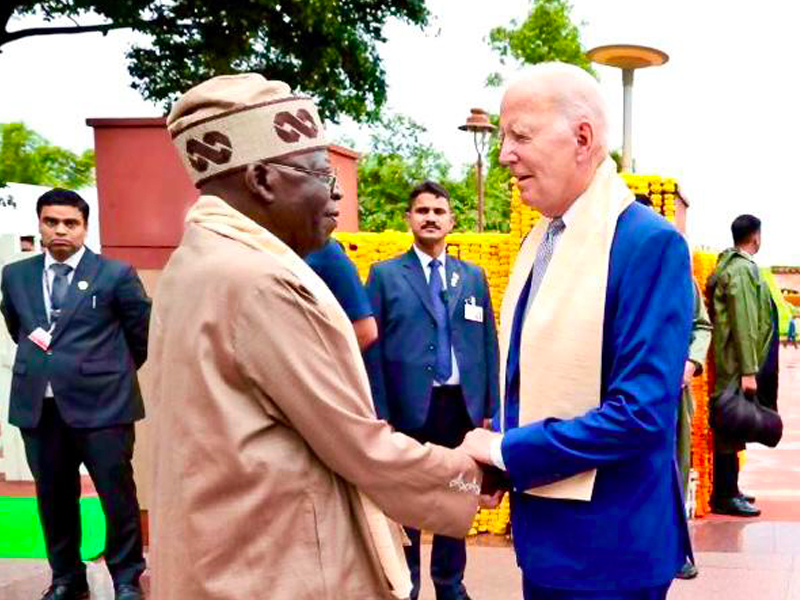
Critics argue that these travels occur despite pressing domestic issues such as economic challenges and insecurity. Opposition figures like Peter Obi have voiced concerns that the current leadership is neglecting urgent national needs. However, supporters claim these trips are essential for attracting foreign investment and fostering international relations, over 20 key multinational firms have left Nigeria in the last year due to a hostile business climate. Procter and Gamble, Bayer, Kimberly-Clark, Jubilee Syringe Manufacturing (JSM), PZ Cussons, GlaxoSmithKline, Sanofi-Aventis, Equinor, Gillette, Surest Foam Limited, Mufex, Framan Industries, MZM Continental, Nipol Industries, Moak Industries, Stone Industries, Bolt Food, Lazarpay, 54Gene, MABISCO Biscuit, Unilever Nig. Nigeria lost at least 20 thousand jobs at this time, in addition to other economic blows.
READ ALSO: Nigeria Considers Joining G20, As Tinubu Attends Summit In India
Can one now say that the pattern of visiting countries that have never reciprocated a visit to Nigeria brings foreign investment?
Lack of Respect and Effort to Deprive Africa a Sense of Importance
One might say that the frequent, unreciprocated visits of Africa leaders to foreign presidents show efforts in promoting Africa’s importance to the world, but despite Africa’s rich resources and strategic significance, Western nations often overlook the continent in favor of other geopolitical interests. No doubt, Africa is frequently perceived as a secondary priority, leading to underinvestment in partnerships and missed opportunities for collaboration on pressing global issues such as climate change and security threats.
It is right to say that Africa does not matter to the Western world except to be treated as the scum of the earth, the natural resource barn of the world, and a perpetual child known only for negative things like violence, corruption, underdevelopment, and immaturity or inconsequentiality in anything related to global progress in medicine and technology. For example, no African country can announce any breakthrough in vaccines or computer technology without facing attacks.
A notable example of skepticism towards African vaccine development is the reception of the Ebola vaccine developed by the African Vaccine Manufacturing Initiative (AVMI) in collaboration with various international partners. Dr Anthony Fauci, the Director of the U.S. National Institute of Allergy and Infectious Diseases, highlighted concerns regarding the vaccine’s efficacy and the challenges of conducting clinical trials in regions with low scientific literacy and historical mistrust of medical interventions during a statement made at a global health conference in 2016.
Also in 2020, the University of Ghana developed a malaria vaccine, which faced skepticism from international health experts regarding its effectiveness. Yet when they produce theirs, they would want to test it with Africans so that if there are any imperfections, it will not affect their people.
For example, French doctors suggested that potential COVID-19 treatments should be tested in Africa. This statement, made in April 2020 during a live television interview, was widely criticised by global figures, including Ivorian football star Didier Drogba, who tweeted, “Africa isn’t a testing lab.”
This skepticism reflects broader apprehensions about the reliability of vaccines developed in Africa compared to those produced in Western countries, often overshadowing local advancements in vaccine research and development. It also reflects the extent of the Western world’s view of Africans as mere subjects for testing unfinished products.
The Big Question and Donald Trump’s Second Challenge
The big question is what is wrong with African leaders and by extension their foreign policy? It begs the question because the issue of neglect by the Western world is so obvious that an unborn baby can see it from the womb. Does it mean that our leaders are not seeing it again?
Could it be that the wrong people are in power who only think about their pockets and not about the growth of their countries and the African continent in general?
Will Donald Trump be different even as he is known to spurn Africa and did not visit anywhere near Africa during his first term? His approach to Africa during his first term was characterized by a dismissive attitude, including derogatory remarks about African countries.
However, as he prepares for a second term, advisors are advocating for a renewed U.S.-Africa policy centered on “deals and deterrence.” While this may lead to increased business opportunities, it remains to be seen whether it will address the deeper issues of respect and recognition that Africa seeks on the global stage.
Notably, President Joe Biden’s visit to Africa on December 2, 2024, marked his first and only trip to the continent even as his tenure is now nearing four years in office. The visit included stops in Angola and Cabo Verde focusing primarily on the Lobito Corridor railway project aimed at enhancing U.S. access to critical minerals like cobalt and copper.
This initiative reflects a strategic effort to counter China’s influence in the region rather than a commitment to the welfare of African nations. Meanwhile, one president from China, Russia, and the U.S. annually holds partnership meetings with African presidents. At times almost all 52 or 53 of the presidents will attend to beg for bread.
The Western World Offers a Saprophytic Web of Interest: Why African Presidents Must Respect Themselves
The annual partnership meetings between African presidents and leaders from China, Russia, and the United States are such summits, that allow leaders to engage in discussions that can resemble appeals for support or resources.
For instance, during recent meetings, Russian President Vladimir Putin hosted the first ministerial conference of the Russia-Africa Partnership Forum in Sochi Russia on November 9-10 2024. During this, he offered grain and debt forgiveness to African nations. This event aimed to strengthen ties with African countries amidst global challenges. It included participation from over 40 African ministers depicting Russia’s commitment to enhancing its influence in Africa.
So while Putin’s approach includes offering grain and debt forgiveness to address food insecurity exacerbated by the Ukraine conflict, Biden’s railway project aims to secure U.S. economic interests in Africa. This highlights the transactional nature of Western engagement with the continent, the dynamic indeed reflects a broader trend where external powers prioritize their strategic goals over genuine support for African development.
Hence there is a need for African presidents to prioritise self-respect and dignity to foster stronger leadership and governance on the continent. Emphasizing self-reliance and ethical leadership can help address socio-economic and political challenges. Successful leaders in Africa have historically demonstrated the importance of valuing their culture and identity as seen in the self-reliance strategies of figures like Jomo Kenyatta and Julius Nyerere.
By adopting the aforementioned principles, African leaders can inspire confidence, enhance their nations’ global standing, and create a narrative that counters negative stereotypes. Ultimately, respect is crucial for African presidents to effectively advocate for their countries and peoples on the world stage rather than allowing themselves to be used by the Western world to feed on the continent’s resources.
Also, the African Union (AU) as a norm-setting institution, must reassert itself as other global bodies do and reaffirm its position as a vital player in promoting good governance and democratic principles across the continent. This is because the AU is also responsible for ensuring that member states adhere to established governance frameworks. Without a strong commitment to the aforementioned principles, Africa risks continued losing respect on the global stage, and external powers will continue to exploit its resources while prioritising their interests.
Proverbially, if Africa as a continent starts thinking along the lines of “Us before them” another continent will begin to prioritise her because how you dress is how you will be addressed.
Dr Mbamalu is a Jefferson Fellow, member of the Nigerian Guild of Editors (NGE), communications/Media Consultant and Publisher, Prime Business Africa
Email: marcelmbamalu2@gmail.com
+2348094000017
Dr. Marcel Mbamalu is a distinguished communication scholar, journalist, and entrepreneur with three decades of experience in the media industry. He holds a Ph.D. in Mass Communication from the University of Nigeria, Nsukka, and serves as the publisher of Prime Business Africa, a renowned multimedia news platform catering to Nigeria and Africa's socio-economic needs.
Dr. Mbamalu's journalism career spans over two decades, during which he honed his skills at The Guardian Newspaper, rising to the position of senior editor. Notably, between 2018 and 2023, he collaborated with the World Health Organization (WHO) in Northeast Nigeria, training senior journalists on conflict reporting and health journalism.
Dr. Mbamalu's expertise has earned him international recognition. He was the sole African representative at the 2023 Jefferson Fellowship program, participating in a study tour of the United States and Asia (Japan and Hong Kong) on inclusion, income gaps, and migration issues.
In 2020, he was part of a global media team that covered the United States presidential election.
Dr. Mbamalu has attended prestigious media trainings, including the Bloomberg Financial Journalism Training and the Reuters/AfDB Training on "Effective Coverage of Infrastructural Development in Africa."
As a columnist for The Punch Newspaper, with insightful articles published in other prominent Nigerian dailies, including ThisDay, Leadership, The Sun, and The Guardian, Dr. Mbamalu regularly provides in-depth analysis on socio-political and economic issues.


